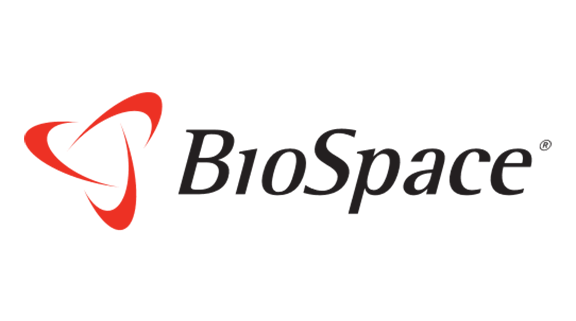Will Biotech Unicorns Soon Be on The Endangered Species List?
By Gail Dutton
July 13, 2022
Today there are 1,170 unicorns across all industries – an all-time high, according to CBInsights. Nearly 8% of those are in healthcare, with many in biotech specifically.
The pace of unicorn creation – which is still quite fast – is slowing, however, as economists predict a coming recession. The IPO window is all but closed. Venture capitalists are holding tightly to their cash, and the Federal Reserve’s July meeting is considered likely to raise interest rates. In such a climate, is unicorn status still within reach of today’s young biotech companies?
At the investment bank of Cassel Salpeter & Co., managing directors Ira Z. Leiderman and Margery Fischbein told BioSpace there are compelling reasons why unicorn status – defined as a private startup company valued at or exceeding $1 billion – may, or may not, be possible today.
To Become or Not to Become a Unicorn
Noting the case in favor of achieving unicorn status, Fischbein said, “Public market valuations are low and only a limited number of IPOs are getting done. Although VCs are culling their portfolios and becoming more selective,” they are reserving cash for follow-on financings for their best portfolio companies. “Many VCs have plenty of money, and good science is always valuable.” In this environment, companies can raise funds without going public and may have extra time to gather more clinical data between financings, thus making themselves ultimately more valuable to potential investors.
“Many VCs have plenty of money, and good science is always valuable.” – Margery Fischbein
The case against becoming a unicorn is twofold, she said. Public company valuations are significantly lower than they were one year ago, and “that reverberates back to the private sector. So instead of having continuous financing rounds at higher valuations, the lower public market valuations may result in flat or down rounds.”
The growing appetite for mergers and acquisitions among big companies, combined with an unattractive environment for IPOs, could also result in earlier deals before innovators reach billion-dollar valuations.
“The things that drive valuations are great science that hopefully advances to great clinical data and a really experienced management team,” Leiderman pointed out. “Also, some acquirers are willing to pay a premium price for early-stage companies that have amazing data and sometimes they simply want to ensure their competitors don’t acquire it. That in turn drives VC investment in certain areas and also drives company valuations,” he said.
Meanwhile, “Generalist investors have largely left the biotech market. These are people who have more limited knowledge about the science involved and may have had very significant losses,” Fischbein acknowledged. That said, “Smart money is still in the biotech space, but it’s selective.”
As Frank Milone, co-founding partner at Fiondella, Milone & LaSaracina LLP, a Connecticut advisory and accounting firm active in the biotech industry, pointed out, “VC funding and acquisitions will continue, the criteria will just be different. There will be an increased focus on financial fundamentals.
“When the economy is hot, investors are more inclined to take risks. In the current environment, startups have to be crystal clear about how their technology is different and how it provides value. They have to back it up with data showing promising early adoption and scalability.”
Where Will Future Unicorns Come From?
Looking forward, Leiderman and Fischbein said the therapeutic areas they think may be most likely to generate the next herd of unicorns are cell therapy for multiple indications beyond oncology, neurological conditions and the orphan drug space.
Building a company to unicorn status takes more than good science and good management, of course. “Company leadership needs to know how to conduct clinical studies effectively and how to present that data and, therefore, attract the right investors. That’s key,” Leiderman said. By “right investors,” he means influential investment groups with proven biotech track records – “investors who can lead the herd.”
“Quite frankly, from recessions have come many unicorns, and biotech is no different,” Kisha Mays, CEO and founder of Just Fearless, a global business development firm focused on accelerating the growth of particularly womenowned firms told BioSpace. “Biotech hasn’t even begun to peak.” The question for investors is “how to find that needle in a haystack.” Mays says she is optimistic about the industry, “even as a recession looms.”
Ultimately, although investors would like to have a stake in a unicorn company, “There are plenty of other things that offer niche opportunities, or that bring incremental value,” Fischbein said. “People would love to have a unicorn, but that’s fairly unpredictable and is rarely necessary.”
Click here to read the PDF.
Click here to read the full article.




